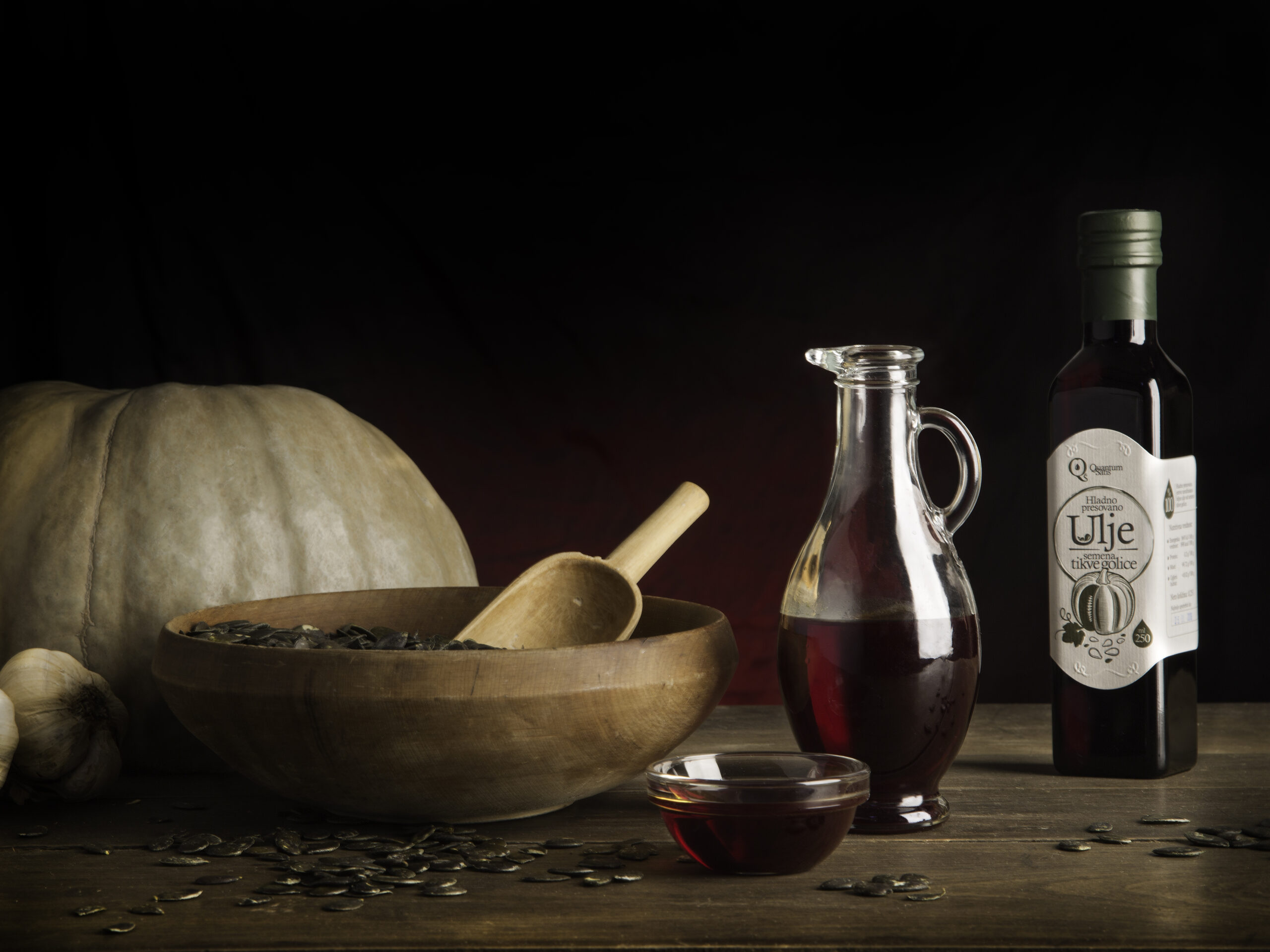Oil as a gift
There is a beautiful tradition in Japan that occurs twice a year when "Summer Gifts - CHUNGEN" and "Winter Gifts - SEIBO" are shared between family members, friends, relatives, business partners, etc. For quite some time, among the most popular gifts in these two occasions, edible oils were found to be the second most frequent choice. Interestingly, more than 20 percent of oils in Japanese households are procured in this way, as gifts.
Edible (cooking) vegetable oils belong to the group of basic nutrients and their daily intake is vital. There are two basic categories of edible oils whose quality and characteristics are regulated by legislation. They are:
- - edible refined and
- - edible unrefined
The difference between these two kinds of oils refers exclusively to the process of refining. Edible refined oils are produced from crude vegetable oils by applying a complex process of refining, during which oil is treated by high temperature under pressure and by chemicals and other agents. It has to be pointed out that the treatment of oil during refining is done under strictly controlled conditions and that refined oil has to meet high standards of quality.
Edible unrefined oils do not undergo any process of refining (not even partially) so that they fully retain the smell and taste of the original crude matter and the vital nutritive components are preserved. Therefore, edible unrefined oils differ from refined ones in colour, aroma (smell and taste), chemical components, nutritive values (the presence of ω-3 and ω-6 fatty acids as well as other acids, content of antioxidants etc.) and viability.
Unrefined edible oils, depending on the technological process of production, include:
- - cold-pressed and
- - virgin oils.
Pursuant to the Regulations on quality and other requirements for edible vegetable oil ... '' Official Gazette of FRY, no. 54/1999, there are the following types of unrefined edible oils:
“Cold-pressed unrefined edible vegetable oil is produced without heating, by pressing, with pre-cleaning (removal of impurities), peeling and chopping by mechanical means (for certain raw materials). Cold-pressed unrefined edible vegetable oil may be treated only by rinsing with water, by sedimentation, filtration and centrifugation ''.
“Virgin edible vegetable oil is produced by pressing, with pre-cleaning (removal of impurities), peeling and chopping by mechanical means (for certain raw materials). In the process of separation the heating of the matter for pressing is permitted (conditioning). Virgin edible vegetable oil may be treated only by rinsing with water, by sedimentation, filtration and centrifugation ''.
Shodno ovim definicijama, tehnološki proces proizvodnje jestivih nerafinisanih ulja iz semena uljarica i drugih sirovina je šematski prikazan na slici.
For cold-pressed oils, among consumers in Serbia the term “cold-squeezed oil” is adopted and has become extensively popular. In commerce, both cold pressed, and virgin oils are usually labeled by the indication to the original raw matter. (Dimić)
Organic and healthy food has become a new cult in modern society. The raising of awareness among people about healthy way life habits and the necessity of keeping the food intake of high biological value, rich in protective components, has led to the improvement of the production process of unrefined edible oils in order to preserve the specific properties characteristic of the raw material. As vegetable oils are an important component of quality food, and as processing and refining each cause losses in nutritional value, unprocessed, so-cold-pressed oils have been in an increased demand.
Bibliography:
Dimić, E.: Hladno ceđena ulja, Univerzitet u Novom Sadu Tehnološki fakultet, Novi Sad, 2005. (Cold pressed oils, University of Novi Sad, Faculty of Technology, Novi Sad, 2005)
Karlović, Đ., Berenji, J., Resceg, K.: Savremeni pristup uljanoj tikvi (Cucurbita pepo L.) sa posebnim osvrtom na tikvino ulje (Oleum cucurbitae), (Modern approach to the oil pumpkin (Cucurbita pepo L.) with special reference to the pumpkin oil (Oleum cucurbitae)
Rabrenović, B., Dimić E.: Nutritivne karakteristike hladno presovanog ulja semena uljane tikve, (Nutritional characteristics of cold-pressed pumpkin seed oil)

